Personal Stories of Depression and Treatment - Laura

We have many personal stories of depression on the HealthyPlace website. Amazingly, Laura's is similar to other depression stories in this aspect - even though she suffered from the symptoms of depression, she never thought of herself as being depressed.
Laura's depression story starts with this quote:
"I never considered I was depressed. I just thought I lost control." ~ Laura, age 34
Laura's Personal Depression Story
I was first diagnosed with major depression at the age of 30. The roots of the depression were multiple: a dear friend of mine died of breast cancer, I just moved to a new city to work and go to graduate school, and my marriage was falling apart. There were too many competing priorities/stresses and one can only take so much. I had extreme loss of appetite and lost a lot of weight. I would cry very easily at the most inappropriate times. I felt as though I lost my total sense of being.
Believe it or not, at the time I actually never considered that I was depressed - It was just that I was losing control of a very busy schedule and was unable to grieve for my friend properly. My life changed when I went to my school's pastoral counselor to talk about spirituality and losing my friend to cancer. At these sessions, I cried uncontrollably. It was as if a huge bubble burst from inside me and out poured this sadness that was buried deep within. The priest said to me that he thought I was experiencing depression. I just fell apart right there because I never put it all together before. He made an appointment through student health to meet with a psychiatrist that week. She confirmed my depression symptoms and made a diagnosis. It was so strange because I was slightly relieved to know that I wasn't going crazy (I felt so guilty for losing so much control), but I was also petrified because I didn't know what the future held. Was I every going to be the same person again?
Depression: A Sign of Weakness?
It took some convincing on the part of the psychiatrist, but I ended up doing a combination of depression therapy and pharmacology as my depression treatment regimen. I really had to work through the stigma of taking medications though because I thought I was deficient for taking them. Again, I was worried about losing control. I slowly began taking an antidepressant and an anti-anxiety pill whenever I felt very nervous.
My therapy sessions were once a week, and they were life-saving. Thank goodness someone was there who knew what I was going through. My therapist was non-judgmental and really helped me plan small activities to bring me back to a functional state.
Story of Overcoming Depression
Healing was a long process. I marked every day on a calendar for the first 3 weeks until the antidepressant took effect. (learn about antidepressant medications for depression) That was excruciating, but afterwards things got much better. I described it to my therapist as wearing muddy glasses that slowly were cleaned up. I started to see the colors of the world again. I could laugh at little things again, especially at my therapy sessions. Things slowly got better. I refer to the experience as my second set of baby steps because it really took about 8 months to get to the point where I was not depressed and able to continue my schooling and work.
Another important part of my healing process was reaching out to some friends. Once I got over the stigma, I disclosed to a few people that I was in crisis. Two wonderful friends told me that they too had taken meds for psychological issues. It was a relief to think that these people were okay and there to reach out to. These people are very important to me to this day.
Through the years, I have been aware of the symptoms of major depression and had one major reoccurrence about a year ago that lasted about three months. Though it felt lousy, I knew how to get help and in some ways it was easier. Now I take my antidepressant everyday and see the therapist on occasion just to check in. I can't say that my life is perfect, and I do get scared when I feel sad. At the same time, I know that we all have an emotional continuum - there is a range of experiences and our mental health is not either just good or bad. I know that if a major episode happens in the future, I'll try to deal with it like I did five years ago. Depression is a horrible thing to go through, but it did make me appreciate life.
I hope this helps someone else understand that there is hope.
APA Reference
Tracy, N.
(2022, January 4). Personal Stories of Depression and Treatment - Laura, HealthyPlace. Retrieved
on 2025, November 3 from https://www.healthyplace.com/depression/depression-treatment/personal-stories-of-depression-and-treatment-laura
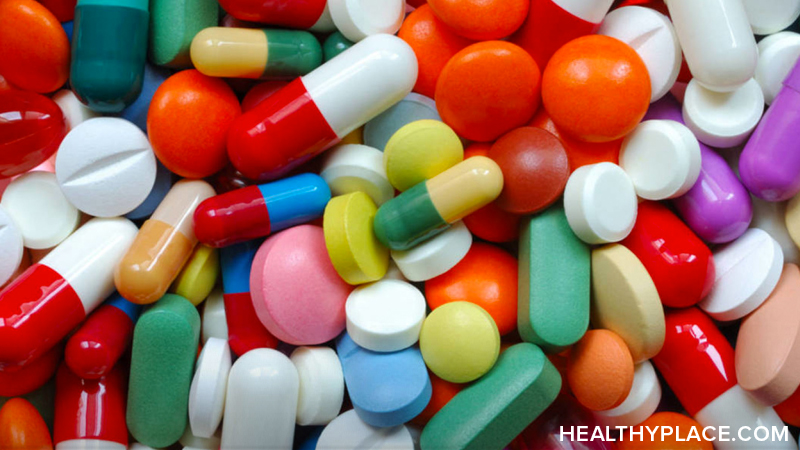
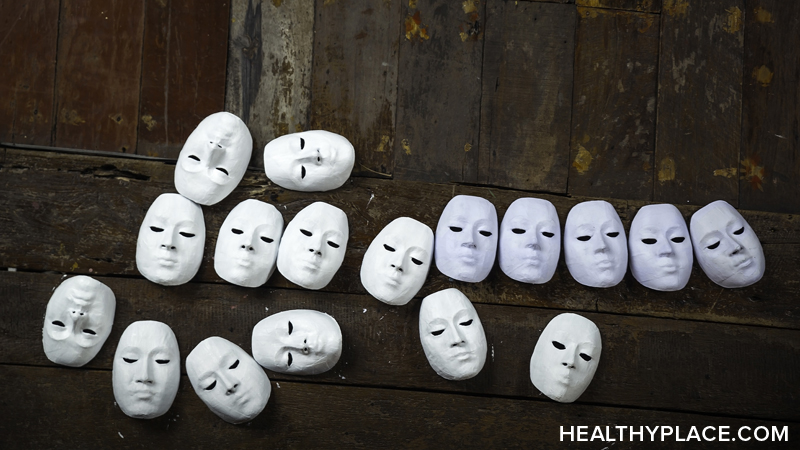
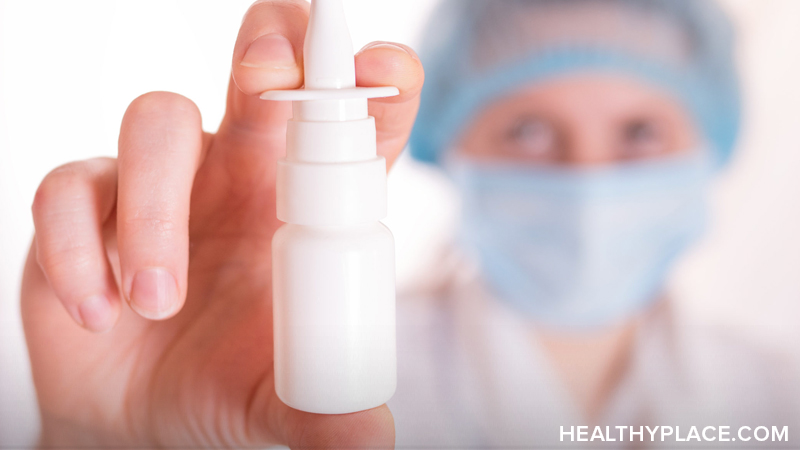



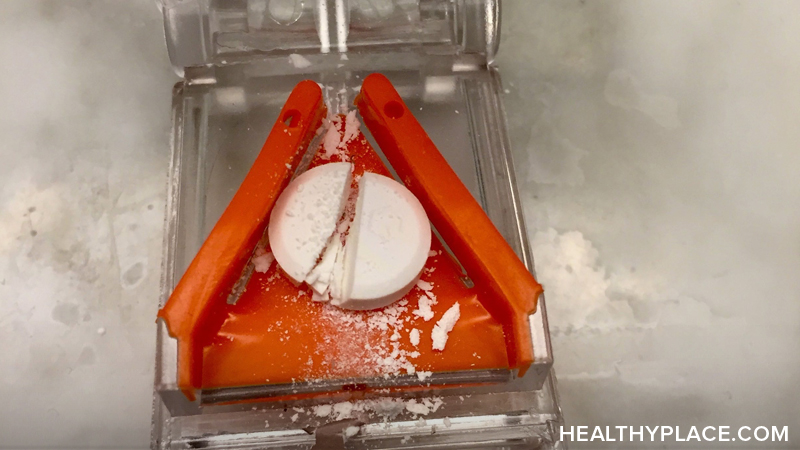

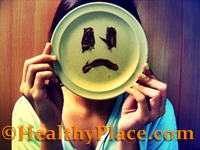 When feeling depressed, most people want to sit around the house and do nothing, but this can actually worsen depression. Knowing how to feel better when depressed involves learning about depression, knowing yourself and understanding what works for you.
When feeling depressed, most people want to sit around the house and do nothing, but this can actually worsen depression. Knowing how to feel better when depressed involves learning about depression, knowing yourself and understanding what works for you.